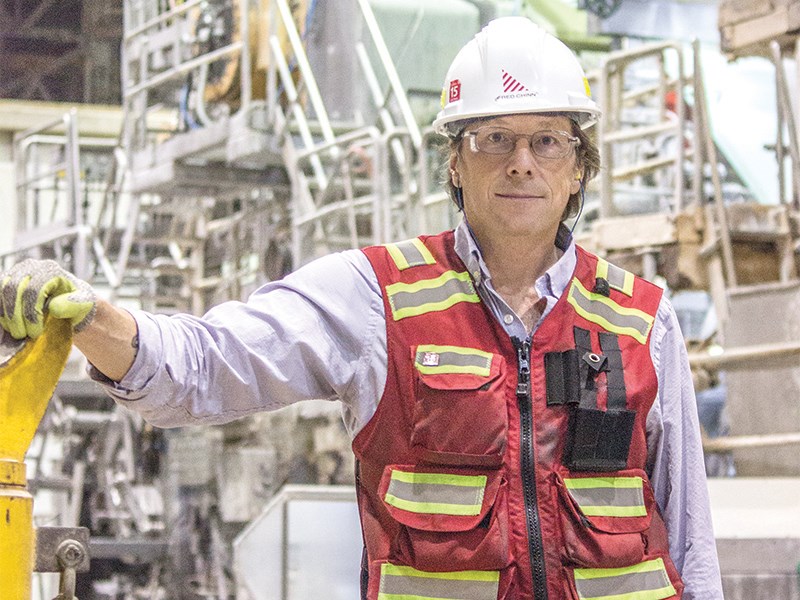Business in Powell River remained a story of evolving and continued need for innovation and sustainable industry in 2017.
An important component in any healthy economy is retaining and attracting a younger population. According to census data, the Powell River area has become incrementally younger in the past five years, moving from ninth to 10th place in the country for communities with the oldest populations.
This may be in part due to City of Powell River’s resident-attraction campaign that targeted skilled workers between the ages of 25 and 55.
The region has long been a destination for downsizing retirees, however, more young families have relocated here in recent years, which has helped change the landscape of small business in the community.
According to the city, between November 23, 2016, and December 6, 2017, there were 107 new business applications and 744 renewals in the region, up from the previous year’s data, which saw 74 new applications and 684 renewals.
While the landscape of business in Powell River may be changing, Catalyst Paper Corporation’s Powell River Division is always the centre of attention. Lumber, pulp and paper account for 35 per cent of all exports from BC and 140 communities depend on them, including Powell River.
Although far fewer people work at the mill than in its heyday, it still provides jobs directly and indirectly in the community.
According to Catalyst spokesperson Eduarda Hodgins, the mill generates an economic impact of approximately $520 million annually and an employment impact, including direct, indirect and induced jobs, of around 1,600.
In late January, Catalyst announced it was no longer a publicly traded company and is now privately owned by three major shareholders: Oaktree Capital Management, Mudrick Capital Management and Cyrus Capital Partners.
Declining markets for newsprint and other paper products led to the company’s local operations being diversified and transitioned into producing food and medical-grade products.
In October, Catalyst chief operating officer Ned Dwyer was appointed as the company’s president and chief executive officer.
One of the success stories of small business entrepreneurs in Powell River, Townsite Brewing, celebrated its fifth anniversary in April by launching a new expanded lounge.
Another new industry, medical cannabis producer Santè Veritas Therapeutics, moved forward with its plan to expand current operations at the former Catalyst administration building, owned by the city. The company has also approached Catalyst about purchasing more of its surplus land, according to mayor Dave Formosa. Santè Veritas said it hopes to provide jobs for between 30 and 50 employees.
Real estate in Powell River remained a seller’s market with a shrinking inventory of homes for sale and a continued rise in prices, according to Powell River Sunshine Coast Real Estate Board president Neil Frost.
Frost said approximately 50 per cent of homebuyers continue to be from outside Powell River, with a mix of retirees and people who have relocated for work.
While forecasts indicate a return to a more balanced housing market in 2018 for most of the province, Frost said the limited supply of homes for sale in Powell River will continue to put pressure on prices.
Plans for two new multi-family condominium development will add 39 new units to the city’s strained real estate market, according to developer Tod English. A second condo developer, Abalone Development, is also before council seeking support for issuance of a development permit.



